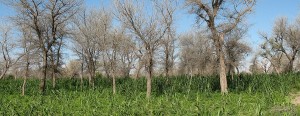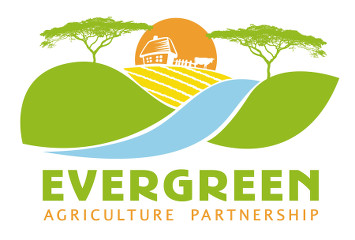 African agriculture must be transformed in the coming decades. At least twice as much food must be produced by 2050 to avoid widespread starvation among an expected population in Africa of 1.8 billion. But, food production per capita has been declining, and cereal yields have remained stagnant since the 1960s. Can productivity be doubled, while at the same time adapting to climate change, and also reducing greenhouse gas emissions in ways that will benefit smallholder farmers.
African agriculture must be transformed in the coming decades. At least twice as much food must be produced by 2050 to avoid widespread starvation among an expected population in Africa of 1.8 billion. But, food production per capita has been declining, and cereal yields have remained stagnant since the 1960s. Can productivity be doubled, while at the same time adapting to climate change, and also reducing greenhouse gas emissions in ways that will benefit smallholder farmers.
The integration of appropriate fertilizer trees into agriculture is a promising, but underpreciated, approach. EverGreen Agriculture, where trees are intercropped in annual food crop and livestock systems, sustains a green cover on the land throughout the year. Additionally, trees on farms also bolster resilience to climate variability and climate change by enhancing carbon storage both above-ground and below-ground. Carbon sequestered by trees and stored in aboveground biomass and soil contributes to reducing greenhouse gas concentrations in the atmosphere. Additionally, trees intercropped with crops help adaptation to climate change by reducing vulnerability to climate impacts and extremes such as droughts or heavy rain.
The need therefore for early action to avoid dangerous levels of climate change requires that effective and affordable mitigation options, such as EverGreen Agriculture, are widely deployed and adopted as soon as possible.

